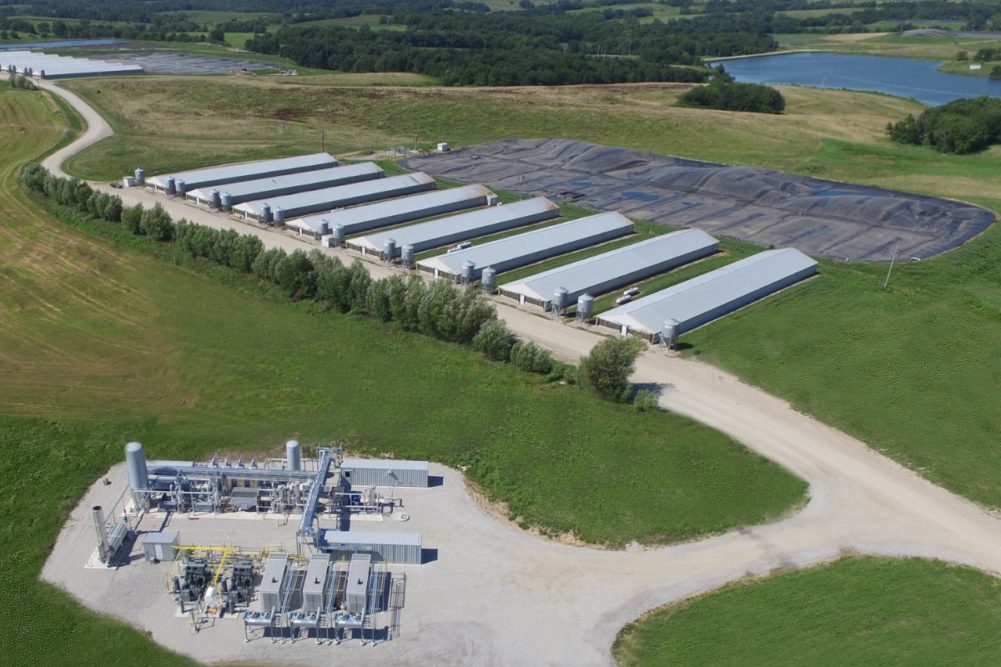SMITHFIELD, VA. – Based on its just-published annual sustainability report, by 2030, Smithfield Foods Inc. will attain carbon-negative status at its company-owned facilities in the United States, cut its greenhouse gas emissions by 30% throughout its supply chain and access half of its electricity from renewable sources. Smithfield’s sustainability strategy encompasses seven categories, including: animal welfare, environment, community involvement, worker safety, food safety, health and wellness and diversity, equity and inclusion.
Referencing its 21st annual sustainability impact report, Smithfield’s Chief Sustainability Officer, Stewart Leeth, pointed out that the company has consistently made headway on its goals in the past several years and in 2022, the progress was especially significant.
“We completed a comprehensive watershed analysis, made progress toward our food loss and waste goals and expanded our renewable energy footprint to further reduce GHG emissions,” Leeth said. “Smithfield’s culture of continuous improvement continues to drive our company forward to produce good food the right way while minimizing our impact on the environment.”
The company’s efforts align with standards established by the Global Reporting Initiative, the IFRS Foundation’s SASB Standards (SASB) and the UN’s Sustainable Development Goals. Smithfield’s report also highlighted progress made in its partnerships to develop renewable natural gas systems; continued investments in US farming families through its minority contract farmer program; achieving its goal to increase the racial diversity of its leadership team by promoting and hiring Black, Hispanic and other underrepresented groups to reflect at least 30% of supervisors; and maintaining group housing for all pregnant sows on company-owned farms globally in 2022.
“Our unique business model is not only a competitive advantage that ensures the safety and quality of our products,” said Shane Smith, president and chief executive officer. “It also allows us to take a holistic approach to sustainability — to measure and manage our impact on people and the planet every step of the way.”



